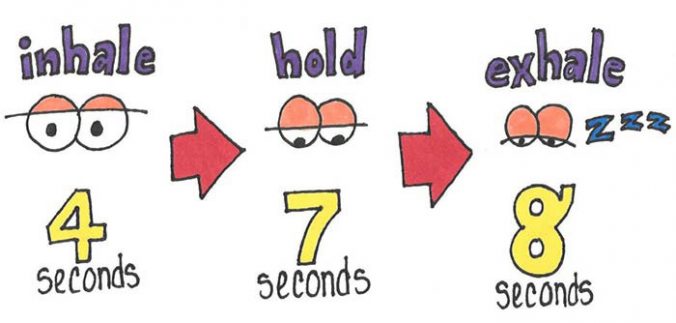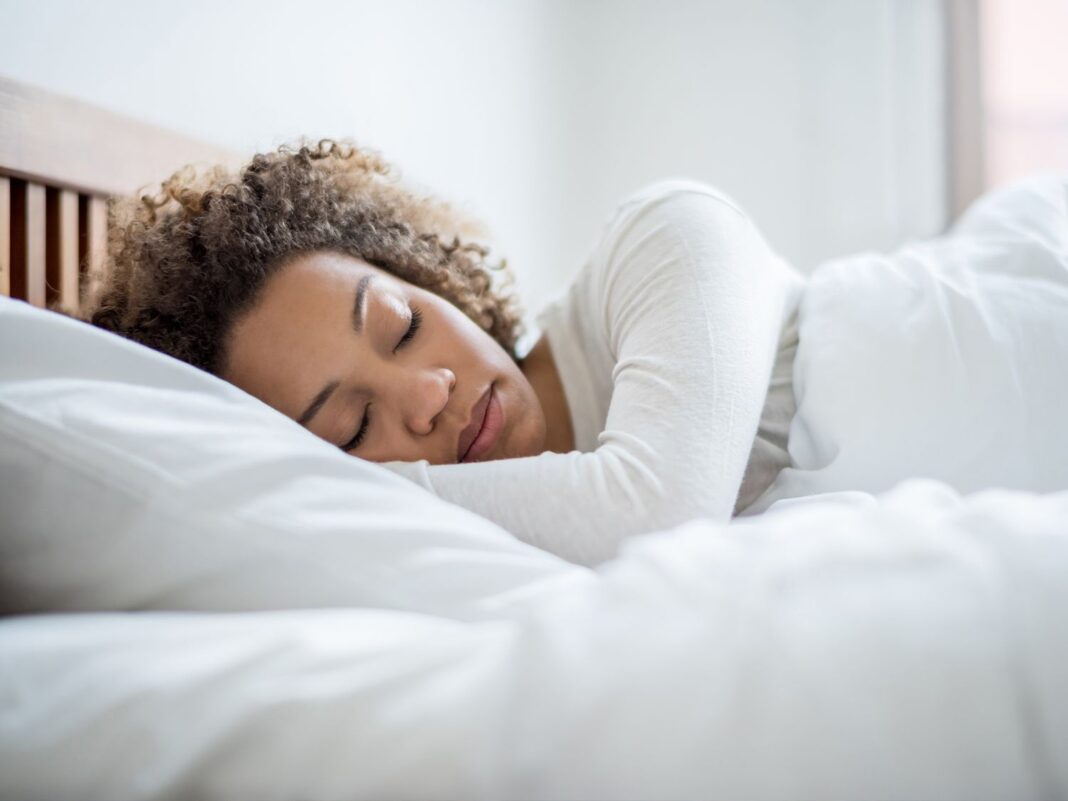Dr. Andrew Weil created the 4-7-8 breathing technique, a breathing rhythm based on the pranayama practise of early yogis. When used frequently, this method may enable some people to fall asleep more quickly and help them develop control over their breathing.
By refilling the body’s oxygen supply, breathing techniques like the 4-7-8 technique are intended to induce a profound state of relaxation. Moreover, relaxation techniques assist in rebalancing the body and controlling the fight-or-flight reaction, which is especially beneficial if you’re having trouble falling asleep because of tension or worry.
Read More: Say Goodbye to Anxiety: 10 Natural Solutions to Reduce Stress
The 4-7-8 approach focuses the body and mind.
The 4-7-8 technique concentrates the mind and body on controlling the breath, which helps calm an agitated heart or a tense mind. As a “natural tranquillizer for the nervous system,” it has been described. The method is comparable to exercises like guided imagery, alternative nostril breathing, mindfulness meditation, and visualisation.

You must choose a cosy spot to sit or lie down in order to practise the 4-7-8 breathing technique. Throughout the exercise, rest the tip of your tongue against the roof of your mouth, directly behind your top front teeth. Completely exhale from your mouth to make a whooshing sound, and then discreetly inhale through your nose while mentally counting to four. Seven seconds of holding your breath will be followed by eight more seconds of exhaling. Work up to eight breaths by repeatedly practising this sequence for four complete breaths.
Method of breathing: 4-7-8 technique.
The 4-7-8 breathing method can induce deep relaxation in the practitioner, thus it shouldn’t be used in situations where you need to be completely aware right away. If the method is insufficient on its own, it may be supplemented with other treatments like a sleeping mask, white noise generator, earplugs, relaxing music, essential oil diffusers, lowering coffee intake, nighttime yoga, mindfulness meditation, or guided imagery.
See your doctor, though, if your sleeplessness is more serious and necessitates treatment. Menopause-related hormonal changes, drugs, substance use disorders, mental health issues including depression, sleep apnea, pregnancy, restless leg syndrome, and autoimmune illnesses are a few more problems that may cause a significant loss of sleep. A sleep expert can assist in identifying the source of insomnia and determining the best course of action.







